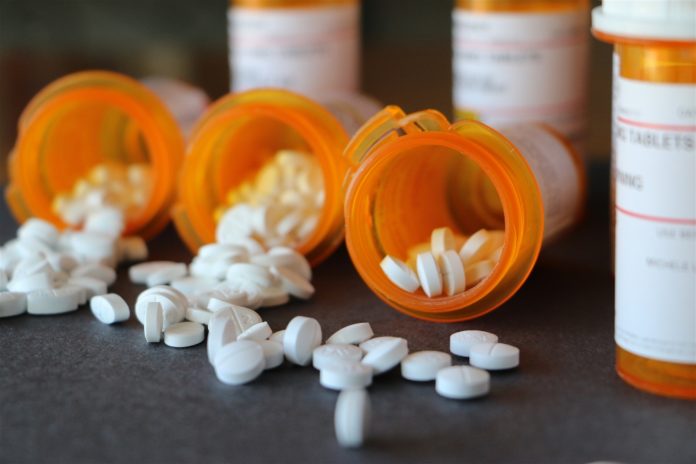If you or someone you love has become opioid-dependent, it’s likely that your afraid, confused, and trying to come up with a plan to conquer the addiction. One of your main concerns is how to deal with withdrawal symptoms if you or a loved one have decided to undergo opioid detox.
Here is some important information about opioid withdrawal, along with five tips for dealing with the symptoms.
How Opioids Change the Brain
When you take any medication or drug classified as an opioid, your body will feel relaxed, you may feel drowsy, and you may notice that your breathing slows down.
You may also feel a sudden and extreme sense of euphoria, which is why many people become addicted to opioids.
Treatment For Withdrawal
There are medications available to help you navigate through opioid withdrawal. These medicines shorten the time you experience withdrawals and can lessen the severity of your symptoms.
Medication for opioid withdrawal includes naltrexone, which helps prevent you from relapsing, and naloxone. This medication reverses and treats opioid overdose – this medication is mainly used for people dependent on heroin.
Clonidine hydrochloride is helpful as well since this medication treats most symptoms of opioid withdrawal.
For individuals who are heavily addicted to methadone, a physician may prescribe a smaller dose of methadone to ease withdrawal symptoms.
Keys To Overcoming Opioid Withdrawal Symptoms
If you’re suffering from withdrawal from opioids, you should:
- Get professional care. If you don’t think you can handle going through the detox process alone, check into a detox or luxury rehab facility where a medical team can assist you.
When you’re at the detox centre, you’ll be closely monitored so you can safely wean your body from opioids.
- Stay in contact with your doctor. If you prefer to go through the withdrawal or detox process at home, make sure you keep your doctor updated.
Tell your physician all the details of your detox plan before you start to inform your doctor about how you feel as you cleanse your body from opioids. Report any side effects so your physician can prescribe medication as needed.
- Get emotional support. Let your friends and loved ones know that you’re withdrawing from opioids. This process will be challenging, and you need the help of people who care about you.
If you detox at home, ask at least one person in your circle to check on you daily.
It’s also a good idea to join a support group or sign up for individual therapy to get the encouragement you need as you achieve sobriety.
- Prepare for the process. If you’re ready to withdraw from opioids, prepare your mind and body.
Stock up on all the things you’ll need, whether you want essential oils to calm your mind or want to make sure you’re eating healthy foods to prevent severe digestive issues or nausea.
You may also want to listen to podcasts or audiobooks about overcoming an addiction to keep you motivated.
You can also purchase some over-the-counter medicines like anti-diarrhoea medications and painkillers like ibuprofen for pain, fever, or chills.
- Stay hydrated. You are likely to experience diarrhoea and vomiting during detox, which means your body will become hydrated—stock up on water and purchase drinks that are rich in electrolytes.
Stay away from drinks like wine and coffee since these beverages draw moisture out of the body.
It’s also essential to make sure that you’re as distracted as possible while you’re detoxing.
You probably won’t feel well for a few days, so find shows and movies that you enjoy watching and play music from your favorite artists.
Depending on your physical strength levels, you can also do chores around the house that you’ve been meaning to get to, like cleaning out your closet or changing the lightbulbs or air filters in your home.
Keep in mind that you’re going to need long-term support even after getting through the initial phase of opioid withdrawal.
Be open and honest with your relatives and close friends about how you’re feeling mentally, physically, and emotionally.
Once you no longer have opioids in your body, continue therapy or counselling to determine the reason for your addiction, which will help you prevent relapse in the future.
You can find much more information on living a holistic lifestyle in these free magazines and on our YouTube channel.
AUTHOR BIO
Stephanie Snyder is a 27-year-old who graduated from The University of Florida in 2018. She majored in Communications with a minor in mass media. Currently, she is an Author and a Writer. She was born and raised in Panama City, Florida, where her family still lives. If you are looking for luxury rehab, Stephanie recommends The Scott.






